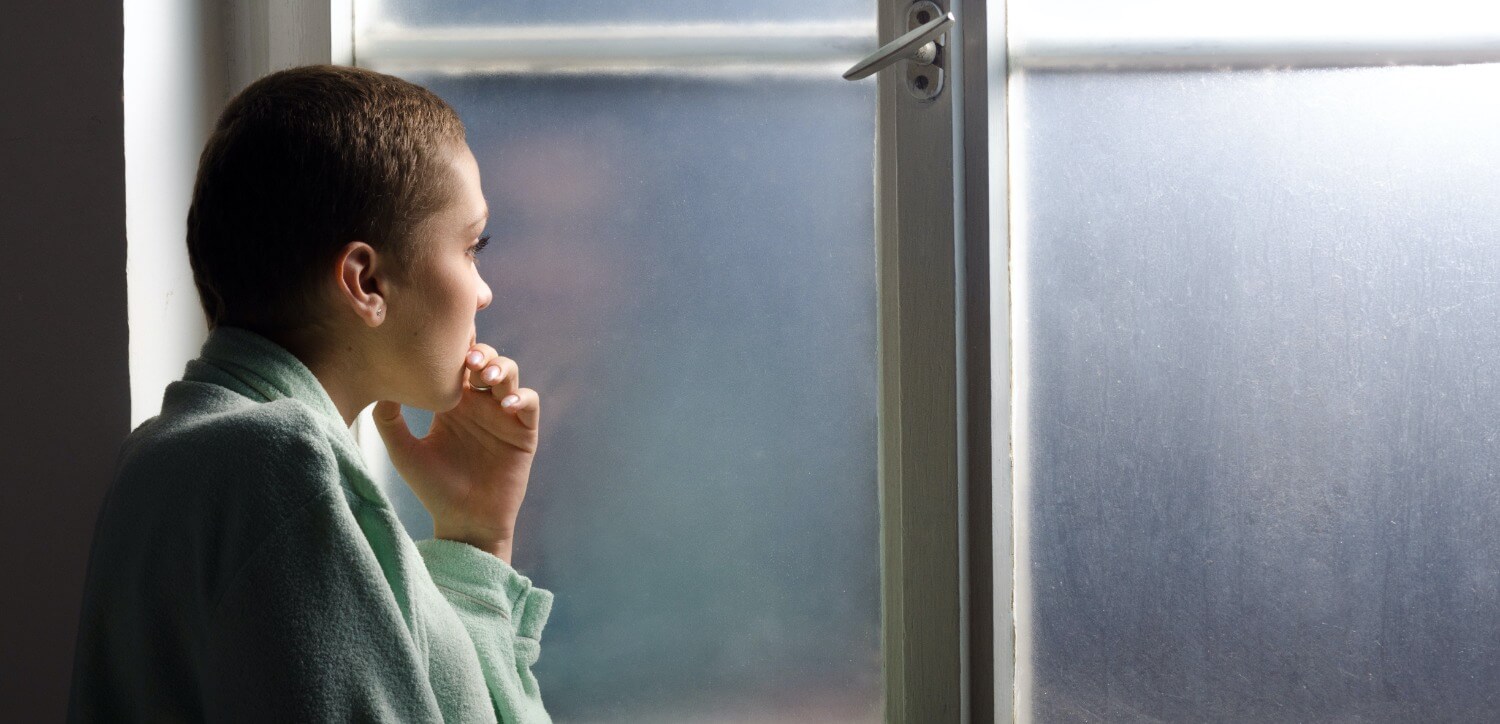WH&Y authors: Professor Kate Steinbeck
- 10 to 20 percent of adolescents have a chronic physical illness, and over 90 percent of them will live into adulthood
- Young people with a chronic illness must take over self-management of their condition during adolescence. This change coincides with a range of other social and personal challenges including transition to adult care, and can lead to non-adherence and worsening control of their illness
- Young people with a chronic illness participate in health risk behaviours at the same or higher rates than their peers and often with greater adverse health outcomes

WHAT WE KNOW
As they move through adolescence, all young people experience neurodevelopmental, psychosocial and physical changes. They are expected to take on increasing independence. They navigate new relationships and they are often exposed to drugs, alcohol and other risk-taking behaviour.
Young people with a chronic illness must deal with all of these changes, while often facing multiple extra challenges associated with their condition. Some of these include:
- Accepting their illness especially if it makes them feel or look different to their peers at a time when ‘normality’ and peer acceptance are prioritised.
- Feeling isolated from peers due to regular hospital admissions, time away from school for doctor’s appointments, or through simple necessities like taking medication during school breaks.
- Feeling dependent on their parents for medication or other forms of assistance with their illness. As adolescents with a chronic illness move towards adulthood and independence, the burden of their disease may prevent them from attaining independence at the same rate as their peers.
- Dealing with changes to their chronic illness brought on as they go through the physical and hormonal changes of puberty, which can lead to worsening illness control or changes to their symptoms.
- Developing a deeper understanding of their illness and what this means for their future, including the possibility of challenges such as fertility issues, limited vocational opportunities and lower life expectancy. All of these realisations can cause significant distress.
- Engaging with new, adult healthcare services.
These are just some of the challenges young people with chronic illness face – challenges which require adolescent-focussed management and strategies, so they can transition safely to adulthood.
WHY IT MATTERS
- Adolescents with chronic illness often do not adhere to their treatment. Non-adherence can lead to poor disease control, which may make symptoms worse and even increase the risk of mortality as young people move into adulthood.
- Specialist health services are usually directed at a paediatric or adult population. Young people with chronic illness fall into a gap, and the age-specific challenges they face are not addressed in the management of their disease.
- Age-specific care may prevent future complications, and could provide an opportunity to teach young people new skills so they can better manage their condition as adults.
WHAT WE’VE LEARNED
As more and more adolescents with chronic illness survive into adulthood, it is important we deliver their healthcare differently. WH&Y researchers want to know what young people want, with a focus on:
- supporting a smooth transition to adult healthcare via clinics and transition services that are focussed on older adolescents and young adults;
- ensuring minimal disruption to schooling and home lives to allow normal adolescent development; and
- teaching self-management skills to support young people as they gradually move toward independence.
Research shows the advantage of age-cohorted clinics and youth-friendly services. More research is needed to understand how much, how long and what type of assistance young people need. For example, how do young people define a successful move from paediatric to adult care, and how does the complexity of the chronic illness affect this process? These investigations will help young people with chronic illness reach their full potential.
About The Authors
Professor
Kate Steinbeck is an endocrinologist and adolescent physician, and Professor and Medical Foundation ...
WHERE TO READ MORE
NSW Health: Transition Care Network
Trapeze Transition Service: www.trapeze.org.au
Australian Institute of Health and Welfare: Health of Young Australians









